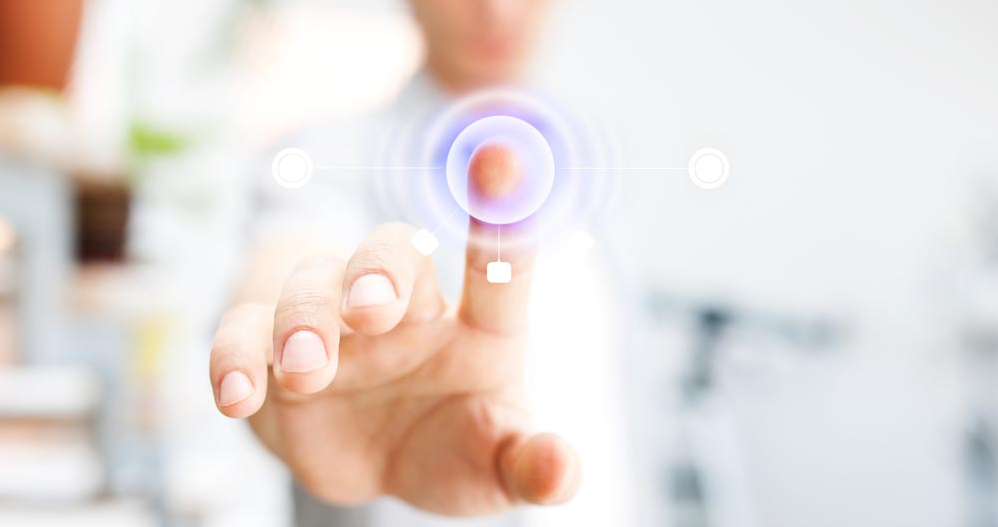Devices that make our lives easier, eventually tend to get smaller and smarter. The limits of the sizes of devices will be determined by human ergonomics for some devices, and others will be in atomic dimensions thanks to nanotechnology. In the future, many devices, also commonly used in healthcare, will enter our daily lives as well as our houses; just like the sphygmomanometer.
We will be exposed to continuous suggestions about living a healthier lifestyle.
Blood tests contain important information about our health. In the future, we will be able to easily have a blood test done, with some blood taken from our fingertips, by kiosks placed in the streets. The pissoirs and reservoirs in our houses and offices will be able to run urine and faeces analyses. By so, with regular controls, the tiniest negative changes in our health states will be recorded in our central health files. When this data reaches our smart refrigerator in our house, which makes food recommendations and prepares automatic shopping lists, it will be analysed and our diet for that week will be ready. Our bed, which we slowly creep into to fall asleep, will record our weight for that day and keep track of our respiratory rate and heartbeat all night long. Every morning, the mirror we look at while we shave, will analyse whether the nevus which appeared on our face is a precursor to skin cancer. The car we drive will record and analyse our reflexes regularly, to give a heads up on a likely neurological problem. All of these are simple technologies within the near future. In a further future however, nano-sized body analysing devices will be developed. These devices will either be placed in certain parts of our bodies or swallowed like pills. They will transfer the information they gathered, in the period of time they were in our bodies, to the central health database. Or they will regularly take precautions for the treatments needed. For example, when we are under great stress and our stomachs secrete too much acid, these nano and smart devices will automatically compensate the acid and help stabilize our bodies. Thanks to these technologies, we will be exposed to continuous suggestions about living a healthier lifestyle. For example: our car or our computer at work, will warn us to remind us that we need to drink more water that day.
The number of individuals producing the same results, in the same situations, will progressively increase.
Judging by what I’ve told you so far, a very boring future awaits us. We will no longer have any secrets. Central authorities will both know and interfere to how much we sleep, exercise and what we eat. With this information, private health insurance companies will manage their risks better. Our genetic blueprints will also take place in our central health files. Thus, health insurance companies, which will be aware of the risks awaiting us, will not want to insure people with great risks or they will apply higher premium. Parents worrying about their children’s future, will prefer to become pregnant with genetically selected embryos obtained by artificial insemination. This situation will cause humanity to move towards a monotype. The number of individuals producing the same results, in the same situations, will progressively increase. Technology will surround all aspects of our lives. Obscurities will reduce, and our control over our lives will increase. On the other hand, we will begin to drown in the technology we created. Because, our ambition to keep everything under control, will abolish almost all surprises in our lives. From then on, apples will no longer drop on Newton’s head. Because apples will be collected before they begin to drop, because they pose a risk.
Our lives won’t be alright, they will be extremely dull.




